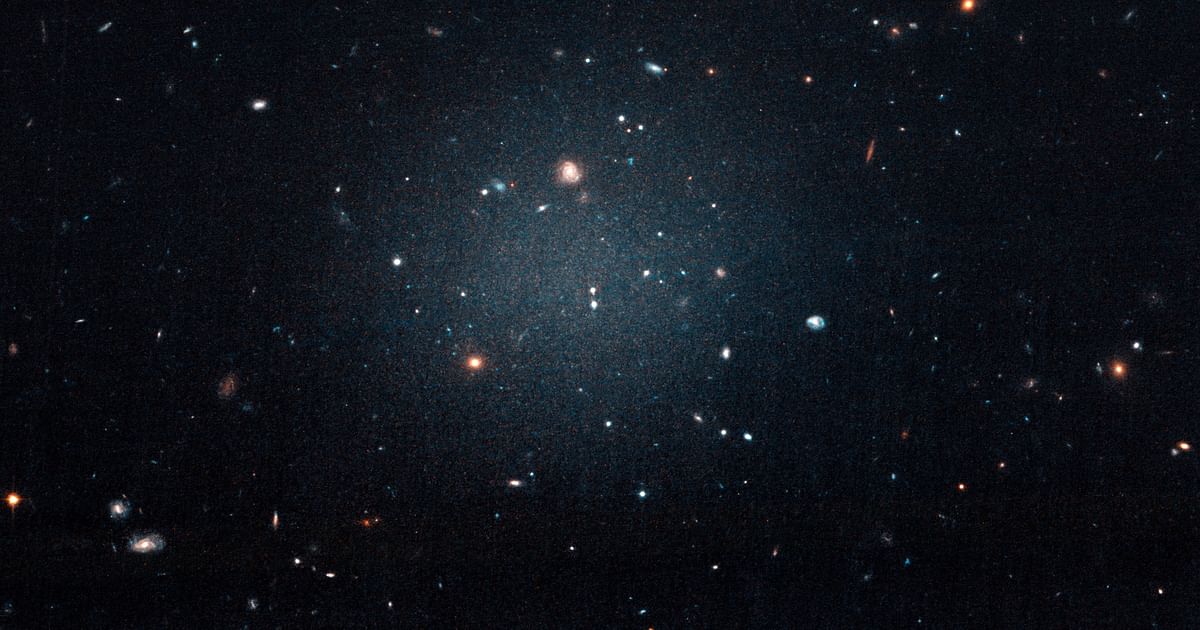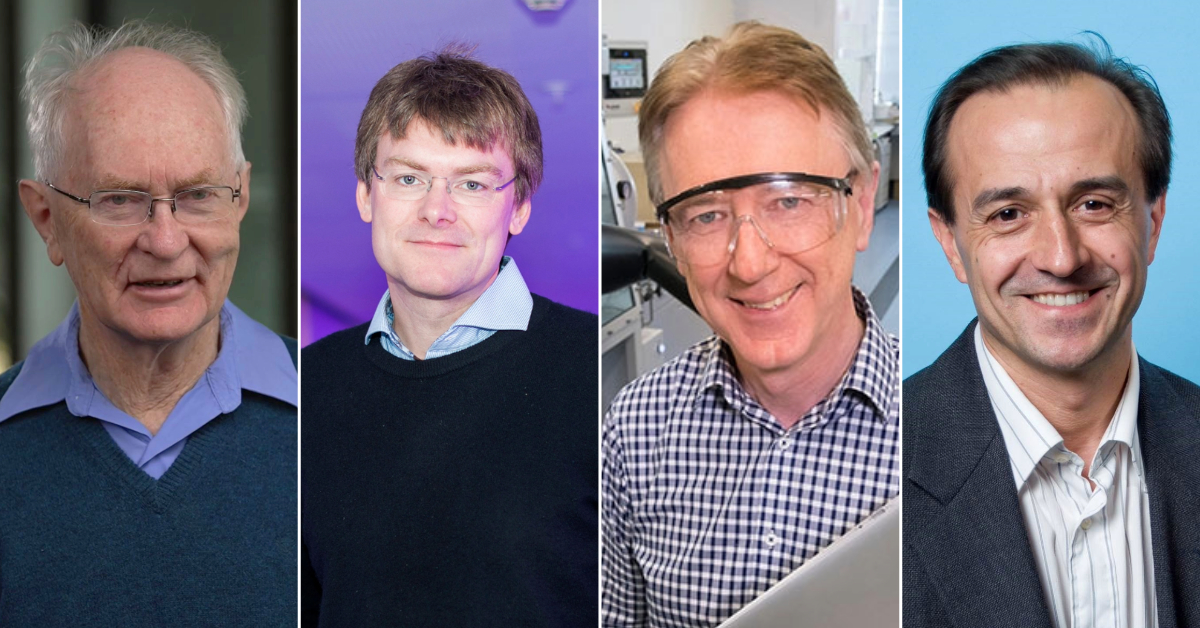
In recent years, scientists have been trying to understand a mysterious phenomenon known as the ‘cosmic glitch’ that occurs at the edge of the expanding universe. It is believed that gravity weakens by about one percent there, leading to inconsistencies in its predictions.
The current understanding of gravity is based on Einstein’s theory of general relativity, which has been extensively verified through experiments and observations. This theory has played a crucial role in various achievements in astrophysics, including understanding the Big Bang and capturing images of black holes.
However, when scientists attempt to apply general relativity to phenomena on a cosmic scale, they encounter challenges. One such challenge is that as galaxies move farther away, they appear to accelerate, violating the predictions of general relativity. To address these inconsistencies within general relativity, physicists and astronomers have been working on developing a new mathematical framework for over two decades.
Recently, Robin Wen, a graduate student in mathematical physics at the University of Waterloo in Canada, presented a new model that could explain this anomaly without negating the validity of general relativity. The model represents an extension of Einstein’s formulae that becomes relevant only on large cosmic scales.
Niayesh Afshordi, an astrophysics professor at the University of Waterloo, emphasizes that this model represents a modification to Einstein’s theories rather than a complete overhaul. He believes that it might provide the first step in unraveling a cosmic puzzle that spans space and time and sheds light on the fundamental nature of gravity in the universe.
In conclusion, while scientists continue to explore and refine our understanding of gravity and its behavior on cosmic scales, Wen’s new model offers an intriguing possibility for explaining some of those inconsistencies within general relativity without fundamentally altering it.
This research has significant implications for our understanding of the universe’s structure and evolution. If proven correct, this new model could help us better comprehend how gravity interacts with matter and energy across vast distances in space-time.
As such, continued investigation into this field will undoubtedly lead to further breakthroughs in our comprehension of gravity and its role in shaping our universe.






